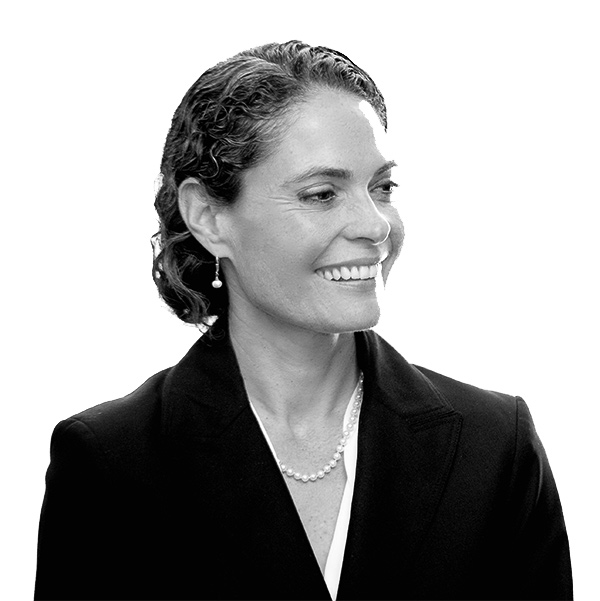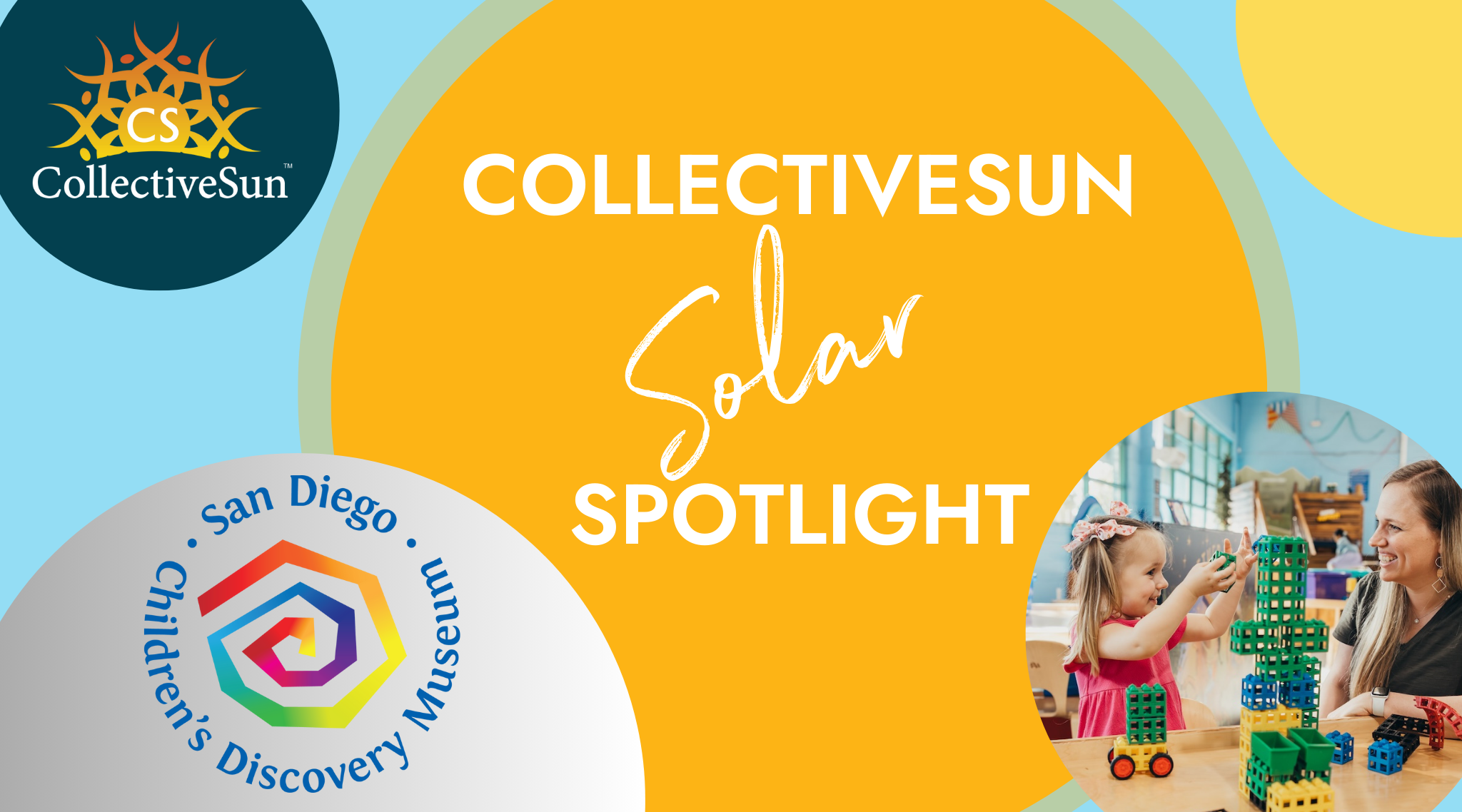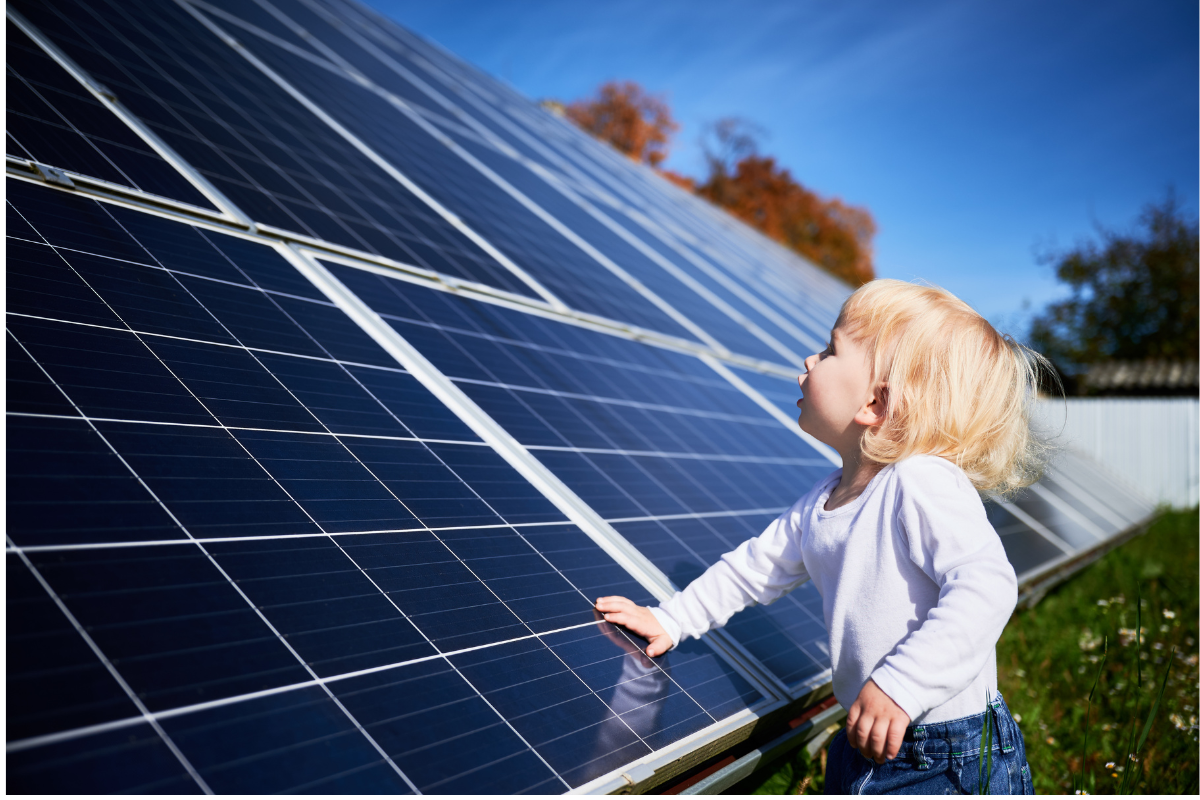
As Executive Director of the California Solar & Storage Association, Bernadette Del Chiaro is intimately acquainted with the latest developments around clean energy related policy in California and beyond. She has helped push for a number of important clean energy initiatives in California over the past twenty years, including the Million Solar Roofs Initiative.
Bernadette shared her insights with us about the impact of the pandemic on solar policy and the industry in general as well as what we can expect going forward.
Where do you think solar is headed in the next few months and into 2021, given the impact of COVID, in California and nationally?
Solar, as well as solar paired with energy storage, will continue to grow the rest of this year and, most likely, throughout 2021. The public is demanding solutions to blackouts and wildfires and is voting with their pocketbooks. But the future is uncertain with the expiration of the federal tax credit at the end of 2021 and with 90% of the state rebates for energy storage going away. The ongoing fight over net energy metering also creates uncertainty. So, 2021 will likely be another bumper year, but there is a cliff that everyone will likely go over in 2022 unless the industry gets organized and focuses on policies that remove barriers and incentivize consumer adoption of local solar and storage.
How has the solar industry been reshaped by the recent economic changes due to the pandemic? How about specifically in California?
The California solar and energy storage industry was hit hard by the Covid-19 pandemic. Many of the counties in which the industry works were closed down to solar business until late May. Upon reopening, the industry quickly dusted itself off and got back to work, but the impact of those first three months will be hard to overcome. On the bright side, a lot of permitting departments learned that virtual inspections and automated permitting were good for them and good for the consumer. It is our hope that we can preserve some of the “social distancing” practices popular last spring and carry them into the future indefinitely. Streamlined permitting and inspections are good for everyone.
What are some of the challenges faced by the California solar market from recent policy developments (state and federal), and what role is CALSSA playing in those developments?
The biggest challenges brought about by state and federal policy will come in 2021. However, policies like California’s 100% clean energy law create challenges where many do not expect them. The state’s 100% law does not include rooftop solar energy systems. As a result, distributed solar and energy storage are not officially counted in the state’s mandated clean energy laws. This omission creates unexpected challenges and barriers to customer-sited clean energy.
How has lobbying/taking action around policy been impacted by COVID – as in, what adjustments have CALSSA and other businesses had to make to be able continue work in the face of restrictions and other difficulties?
Covid has been a disaster when it comes to democratic participation and public policy making. At the beginning of 2020, CALSSA had introduced five different bills to advance local clean energy in the state. Not one of those bills was granted a public hearing, the reason given being Covid. In addition, without the ability to mobilize companies, workers and the public in support of local clean energy at events like CALSSA’s annual lobby day, our efforts to educate policy makers about the work of CALSSA’s members were severely restricted this year.
As businesses across all sectors of the industry navigate the changes presented by COVID, what role do you see this year’s election playing in California solar? In the national solar industry and in renewables in general?
Roughly 80% of California’s solar and energy storage industry is dependent on state and local decision making, not federal. The outcome of the election may (or may not) determine whether or not the federal tax credit is extended. But the remainder of the policies that matter the most to California, net energy metering, rebates, reduction in red tape, interconnection standards, etc., are all determined at the state level and not impacted much by federal elections.
How do you see particular CALSSA initiatives, such as the push to bring energy storage to scale, fairing during these times?
On the one hand, the solutions that CALSSA member companies bring to California couldn’t be more popular or necessary. From wildfires to blackouts, California is in desperate need of safe, reliable and clean energy. However, as already discussed, Covid has stifled political engagement, which harms the incoming voices more than the incumbent ones. The downturn in the economy should lead politicians toward investing in no-regrets growth industries that create jobs in every community in the state. However, economic downturns also make politicians run to the familiar and the safe. It is up to every CALSSA member company to engage in the political process, as distracting as it may seem, to ensure that all of California’s elected officials understand how important our businesses and solutions are to the state.
What do you feel are the top concerns and short term goals for commercial solar contractors and the related industries like panel/inverter manufacturers, software vendors and investors?
Honestly, it is very hard to pick from the long list of concerns for this segment of the market. One is that rate structures in some of our regions of the state are not conducive to solar and energy storage. Another is that the SGIP rebate program is likely to be 90% subscribed by end of next year, a cliff that will hurt the commercial and industrial segments the most. And interconnection of solar and energy storage projects remains at an all-time high in terms of difficulties, costliness and delays. Finally, the ITC steps down from 22% to 10% in 2022, which is better than the 0% that most of the residential sector will experience but is still a major problem unless extended.
How can somebody become a member of CALSSA?
Please visit our website at www.calssa.org where you can find information about our member benefits and annual dues. Monthly payments are accepted as well as new member discounts. Companies can also reach out to [email protected] or call Carter Lavin at 916-228-4567.
About Bernadette
Bernadette Del Chiaro is the Executive Director of California Solar & Storage Association. She came to CALSSA in July 2013 and has built the organization into the largest clean energy business group in the state.
Prior to her work there, Bernadette served as the Director of Clean Energy and Global Warming Programs at Environment California as well as the Western States Regional Director for Environment America. Since 2002, she has been a leading voice on many California clean energy initiatives including the Million Solar Roofs Initiative (SB 1), the Solar Water Heating Initiative (AB 1470), the continued expansion of Net Energy Metering, the establishment of streamlined solar permitting (AB 2188), and the expansion of consumer incentives for energy storage (SB 700), among other victories. Bernadette has authored several clean energy reports and has been quoted widely in the media including MSNBC, NPR, BBC, New York Times, Los Angeles Times, and dozens of local and trade outlets.
A California native, she graduated from the University of California at Berkeley in 1995. Bernadette lives in Sacramento with her husband, Steve, and two children.






